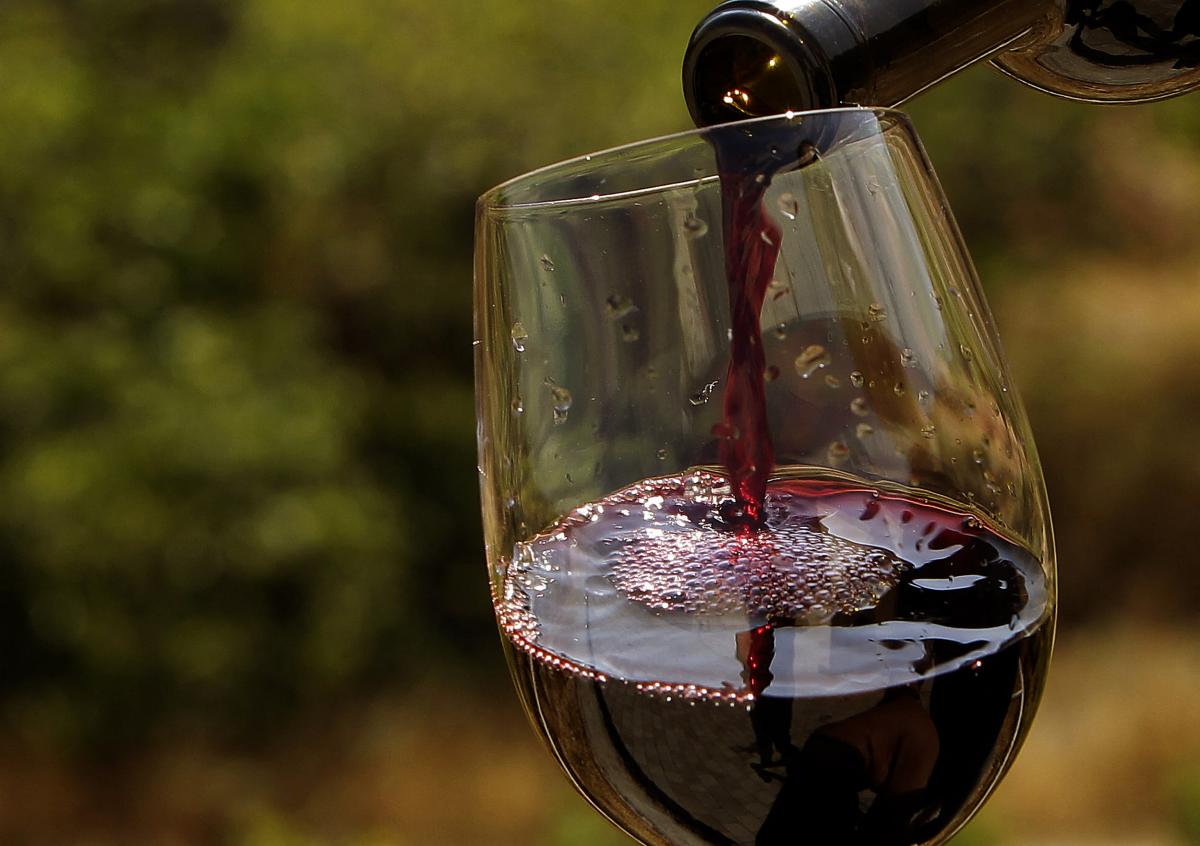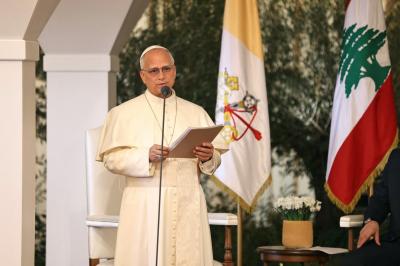Amid Lebanon’s worsening economic and political crises, attention is turning to the private sector, tiny and medium-sized enterprises, as a potential engine for economic recovery and sustainable growth. Within this context, a recent workshop organized by the European Bank for Reconstruction and Development (EBRD), in partnership with the European Union and the Lebanese Ministry of Agriculture, offered a strategic platform to support Lebanon’s wine industry. The event focused on how artificial intelligence (AI) and robotics can help modernize the sector, enhance sustainability, and boost competitiveness.
Tech Transformation in a Traditional Sector
The workshop, which gathered over 70 local businesses and representatives from both the public and private sectors, served as a forum for exchanging expertise and exploring innovative solutions. While Lebanese winemaking is renowned for its deep-rooted heritage and high-quality production, the industry now faces mounting challenges—resource scarcity, instability, and rising production and export costs. AI is emerging as a transformative tool to increase productivity, improve quality, and optimize the use of natural resources like water and energy.
Long-Term European Support
Since 2018, the EBRD, funded by the EU, has supported over 330 Lebanese companies through more than 450 projects. Now, with the launch of innovation and green transition programs, the wine sector is becoming a priority. Khalil Denguezli, head of the EBRD’s Lebanon office, emphasized that the initiative aligns with three core objectives: digital transformation, environmental sustainability, and economic inclusion. He stated that the workshop embodied all three.
Field Perspectives: Science Serving Production
Experts presented AI-based software and tools that assist in monitoring grape growth, predicting diseases, and improving wine quality with greater precision. Sessions also covered compliance with international sustainability standards, helping producers gain easier access to export markets. Meanwhile, local winemakers shared on-the-ground challenges—from climate volatility and resource shortages to fragile infrastructure.
A Strategic Vision at the Ministry of Agriculture
Agriculture Minister Nizar Hani told AlSafa News that integrating AI into the agricultural strategy is crucial, noting, “The wine sector is not just an economic activity—it’s a key part of Lebanon’s cultural identity.” He emphasized the need for collaboration between the ministry, international organizations, and universities to harness technology for sustainable agriculture, create new job opportunities, and enhance Lebanon’s global competitiveness.
Investing in the Future
Messages from the EU and EBRD were unequivocal: innovation is no longer a luxury—it’s an economic necessity. Lebanon’s embattled economy must double down on supporting agile, productive sectors, and winemaking is one such area. Alessandra Viezzer, the EU’s representative in Lebanon and Syria, stressed that sustainable partnerships with organizations like the EBRD are essential to ensuring continued growth amid ongoing crises.
Lebanese Wine: Where Heritage Meets Innovation
Winemaking in Lebanon is no longer just a tradition—it’s becoming a bridge between heritage and innovation. From monitoring crops and managing fermentation to market analysis, AI introduces a qualitative leap toward a more sustainable future. With strong cooperation between local and international actors, the sector has the potential to become a model of success for other industries.
As Lebanon continues to face layered challenges, initiatives that promote innovation and modernization offer real hope for building a more resilient and just economy. The AI-focused wine workshop wasn’t merely a technical event—it presented a holistic vision of a future driven by knowledge, environmental stewardship, and smart partnerships. Could winemaking become Lebanon’s gateway to a green and digital transition? The journey has begun, backed by international support and national resolve.
Please post your comments on:
[email protected]
 Politics
Politics













